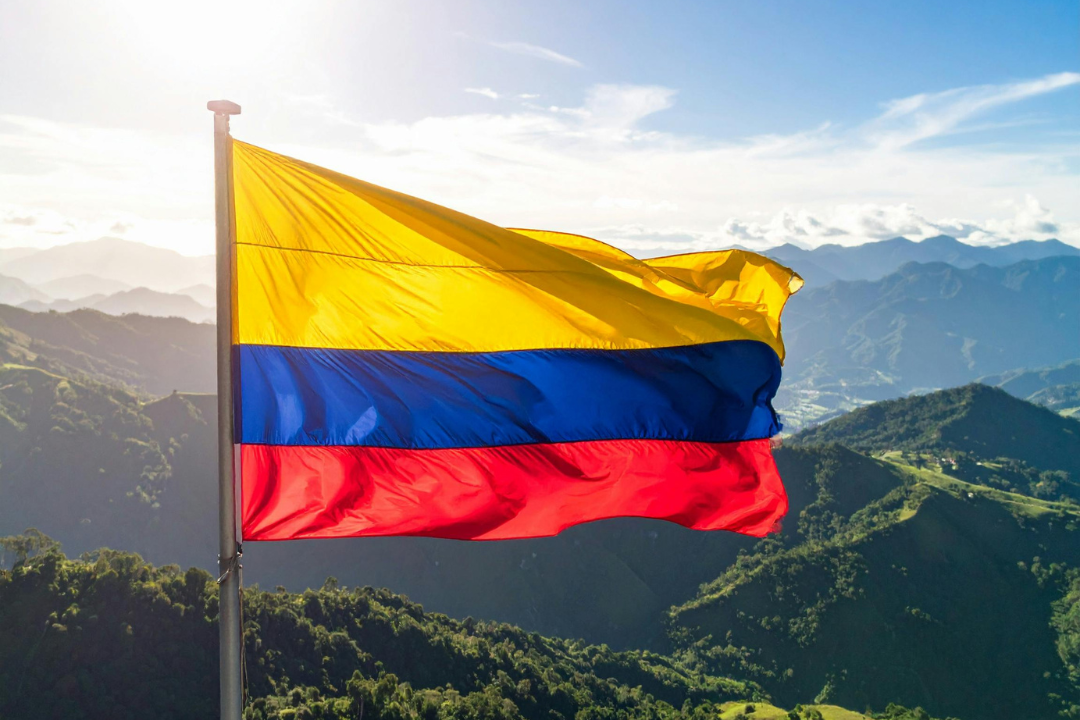Between Norms and Implementation
A Reply to Machado Ramírez and Amorosa on Colombia’s Decree 488/2025
Introduction: Framing the Debate
Colombia’s Decree 488/2025 has prompted a renewed debate about the role of administrative instruments in realising indigenous territorial autonomy and implementing constitutional pluralism. In their recent post on this blog, Machado Ramírez and Amorosa engage critically with my analysis of the decree’s legal significance. They raise important concerns regarding the risk of performative recognition, the limits of administrative authority, and tensions between fundamental rights and indigenous practices.
Whilst I share many of their normative concerns, I wish to spell out a central misreading: Machado Ramírez and Amorosa suggest that my analysis reflects a misunderstanding of Colombia’s legal hierarchy, particularly by implying that Decree 488 establishes new rights ex nihilo. I would like to clarify that at no point do I make such a claim.
No New Rights, but New Procedures
On the contrary, my post explicitly situates the decree within the framework of Colombia’s 1991 Constitution, presenting it as an instrument aimed at implementing and operationalising existing constitutional and international rights. The argument is precisely that the decree does not create new rights, but rather provides the procedural infrastructure necessary to give practical effect to rights already recognised in constitutional and international law. This includes jurisdictional autonomy (Art. 246), rights to cultural integrity (Art. 7), and participation in environmental governance, as affirmed in both Colombian jurisprudence and Inter-American standards.
The Inter-American Court of Human Rights (IACHR) has consistently interpreted indigenous autonomy as encompassing territorial, political, and legal dimensions. In Saramaka v Suriname and Kichwa of Sarayaku v Ecuador, the Court recognised that respect for indigenous governance systems and control over ancestral lands is essential to cultural survival. Whilst these rulings do not impose a fixed model of implementation, they establish that States must adopt adequate legislative and administrative measures to give effect to collective rights. In this light, Decree 488 can be read as part of Colombia’s attempt to meet those evolving obligations, not by introducing new rights, but by setting procedures for their realisation within a domestic legal framework.
Scope and Limits of the Original Post
Additionally, Machado Ramírez and Amorosa rightly note that legal pluralism can give rise to tensions between customary practices and fundamental human rights protections. These issues have been the subject of complex constitutional jurisprudence in Colombia, including judgments such as T-523/97 and C-039/25. However, the original post did not seek to address the normative scope of indigenous law, nor the limits imposed by constitutional or international human rights standards. Rather, it focused on the procedural and institutional dimensions of Decree 488 as a mechanism for implementing already recognised rights to territorial autonomy and self-governance. The normative content of indigenous justice systems is a vital question, but it falls outside the scope of the post to which they responded.
On Crisis, Progress, and Political Context
Furthermore, Machado Ramírez and Amorosa suggest that my post presents a somehow overly optimistic view of Decree 488, overlooking the implementation gap and the ongoing violence against indigenous leaders. This, too, misrepresents my position. My analysis explicitly acknowledged these structural challenges, including the constitutional tension around resource sovereignty (Art. 332), the risk of symbolic compliance, and the vulnerability of indigenous entities to regulatory capture, infrastructural deficits, chronic underfunding, and limited access to legal and technical expertise. I also highlighted the political-economic forces that threaten the realisation of autonomy on the ground. Hence, far from simply celebrating the decree as transformative in itself, I analysed it as a procedural framework whose normative significance depends entirely on the political will and institutional capacity to enforce it.
Moreover, the authors argue that Decree 488 should be understood primarily as political crisis management rather than a meaningful advance in legal pluralism, citing the “Minga Indígena” protests and unmet campaign promises by the Petro administration. There is no doubt that the decree emerged under political pressure, and I do not dispute that context. However, the origins of a legal measure do not exhaust its normative significance. Many rights-enhancing reforms have come about through contestation and negotiation rather than top-down design. My analysis focused not on government intent, but on the decree’s legal architecture and its potential to operationalise rights already enshrined in Colombia’s Constitution and international law. In that sense, crisis and progress are not mutually exclusive: the political demand for action created an opening to concretise longstanding obligations, however imperfectly.
Pluralism between Law and Practice
There is no question that Colombia’s record of compliance with international obligations – particularly those concerning indigenous rights under Inter-American jurisprudence – remains uneven and contested. The increase in violence against indigenous leaders, unsatisfactory implementation of transitional justice commitments, and numerous gaps in land restitution all speak to the distance between formal recognition and lived reality. But to view Decree 488 purely through the lens of symbolic appeasement misses the more complex interplay between pressure from below, legal architecture, and normative development.
My analysis did not present the decree as a culmination of international legal alignment, but rather as a procedural step in a longer struggle to realise legal pluralism in practice. The limitations of Decree 488 are real, but they do not erase its legal significance. The decree does not resolve the dilemmas of legal pluralism, but it gives them form, procedure, and institutional visibility within the State. In this context, legal pluralism does not imply a clash between mutually exclusive legal orders, but a negotiated coexistence mediated through formal institutions. As scholars like Anaya and Quane have argued, international law increasingly recognises indigenous legal systems as complementary rather than antagonistic to state sovereignty. Decree 488 may not eliminate normative tensions, but it creates a procedural architecture where such tensions can be addressed through dialogue, coordination, and administrative practice.
Conclusion: Paving the Way for Pluralism
The emergence of Decree 488 should not be understood as the endpoint of legal reform, nor as a transformative rupture. It is, instead, a moment of formalisation: one that reveals how international legal norms increasingly operate not only through constitutional texts or judicial rulings, but also through contested administrative frameworks that both constrain and enable plural governance. Whether that framework delivers on its promise will depend not only on law, but on political will, resources, and the continued mobilisation of the very communities whose autonomy it seeks to recognise.

Marzia Genovese is a legal scholar specialising in EU and public international law. She holds a PhD in European Law from the University of Bologna (Italy) and has conducted fieldwork with indigenous communities in South America.
